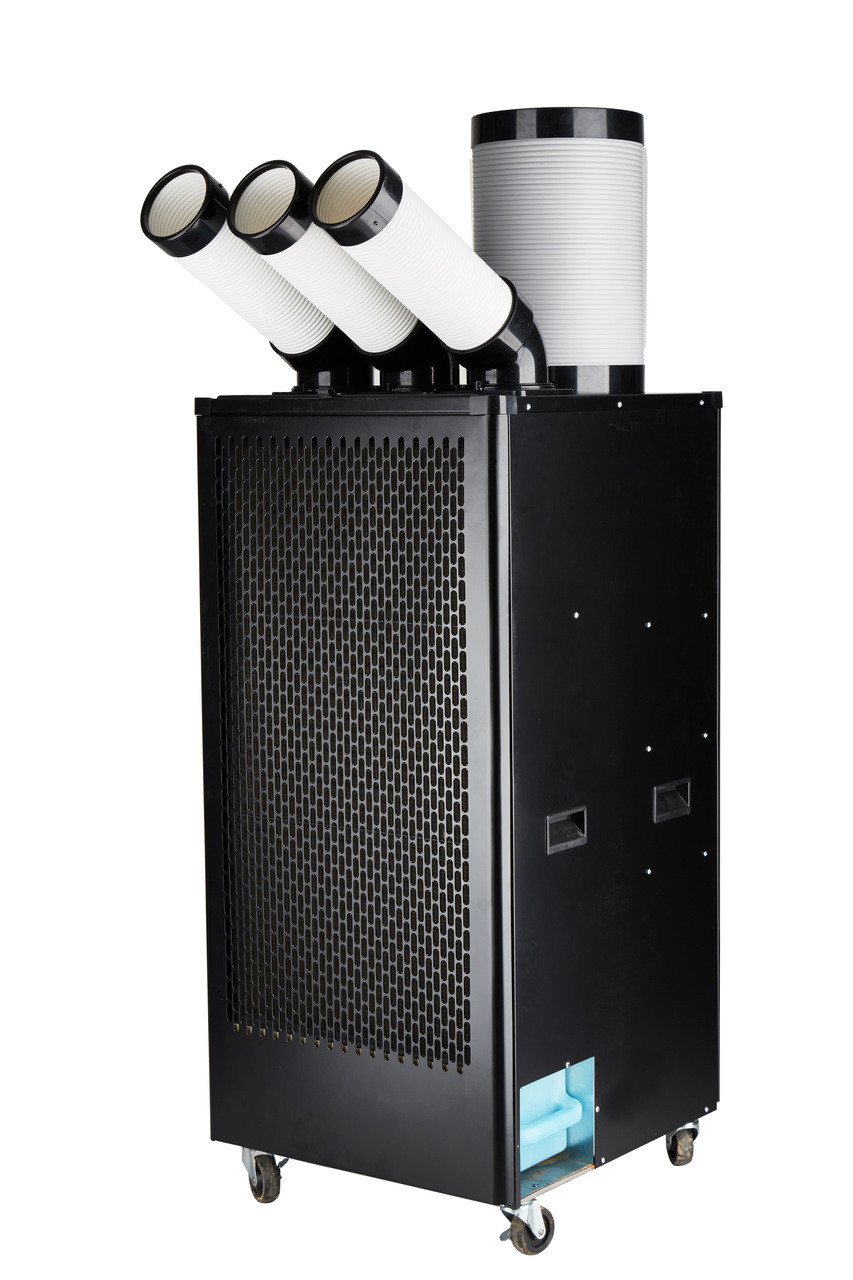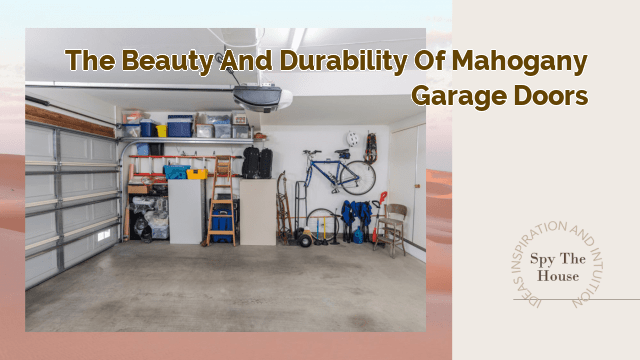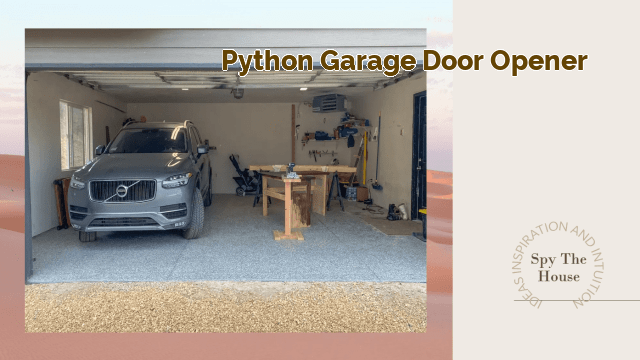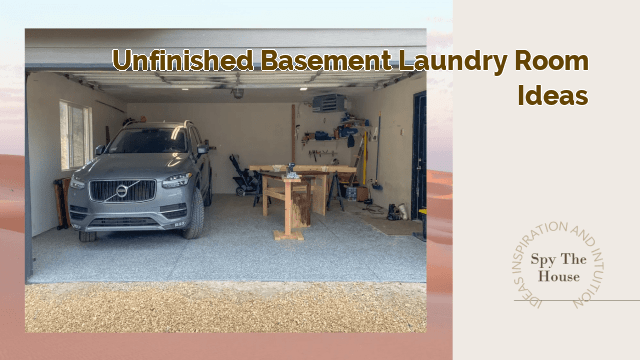Portable Air Conditioner For Detached Garage Workshops

This comprehensive guide helps you choose the perfect model, considering BTU, features, and installation. Learn about energy efficiency, maintenance, and safety tips for optimal performance.
Keywords: portable air conditioner, garage workshop, detached garage, cooling workshop, BTU, portable AC, workshop cooling, energy efficient AC, best portable AC for garage, garage air conditioning, heat pump, evaporative cooler, window AC unit, portable AC installation, AC maintenance, garage workshop ventilation
Introduction:
Working in a detached garage workshop during summer months can be unbearable without proper climate control. The intense heat generated by tools, machinery, and direct sunlight can quickly turn your workspace into an uncomfortable, even hazardous, environment. While central air conditioning might be impractical or costly, a portable air conditioner offers a convenient and effective solution. However, selecting the right unit for your specific needs requires careful consideration of several factors. This in-depth guide will equip you with the knowledge to choose the best portable air conditioner for your detached garage workshop, ensuring a productive and comfortable working environment year-round.
Table of Content
Understanding Your Cooling Needs: BTU and Square Footage
The most crucial factor in selecting a portable air conditioner is its British Thermal Unit (BTU) rating. BTUs measure the cooling capacity of the unit, indicating how much heat it can remove from a space per hour. Underestimating your BTU needs will result in an underperforming unit struggling to cool your workshop effectively, while overestimating can lead to unnecessary expense and energy waste.
To determine the appropriate BTU rating, you need to consider the size of your workshop. A general rule of thumb is to calculate the square footage of your garage and multiply it by 20-25 BTU per square foot. However, several factors can influence this calculation:
Related Article Portable air conditioner for detached garage workshops
- Best Garage Shelving Units For Heavy Tools
- Garage Door Repair Services Near Me Free Estimates
- camping chair storage ideas
- vintage garage doors
- unfinished basement laundry room ideas
- Insulation: A well-insulated garage will require fewer BTUs than a poorly insulated one. Consider the R-value of your insulation. Higher R-values indicate better insulation.
- Climate: The average summer temperature in your region significantly impacts the required BTU rating. Hotter climates necessitate higher BTU units.
- Number of Windows and Doors: Larger windows and doors expose your workshop to more solar heat gain, requiring a higher BTU capacity.
- Appliance Heat Output: Power tools and machinery generate considerable heat. Factor this into your BTU calculation. For example, a welder or a metal lathe will significantly increase your cooling needs.
- Ceiling Height: Higher ceilings require more cooling power.

Types of Portable Air Conditioners:
While several types of air conditioners exist, portable units are the most practical for detached garages due to their mobility and ease of installation. However, even within portable ACs, there are variations:

- Single-Hose Portable ACs: These units exhaust hot air through a single hose, typically vented through a window or door. They are generally less efficient than dual-hose models.
- Dual-Hose Portable ACs: These units have two hoses – one for exhausting hot air and another for drawing in fresh air. This setup is significantly more efficient as it doesn’t recirculate warm air.
- Evaporative Coolers (Swamp Coolers): These are a cheaper alternative but only effective in dry climates. They work by evaporating water to cool the air, increasing humidity in the process. They are generally unsuitable for humid environments or workshops with high heat output.
- Heat Pump Portable ACs: These units offer both cooling and heating functionality, making them versatile for year-round use in moderate climates. They’re more expensive upfront but can save money in the long run.

Choosing the Right Features:
Beyond BTU rating, consider these features when selecting a portable air conditioner:
- Energy Efficiency (Energy Star Rating): Look for units with a high Energy Star rating to minimize energy consumption and lower operating costs.
- Dehumidification: Workshops often accumulate moisture. A unit with a strong dehumidification feature will help maintain a comfortable and dry environment.
- Noise Level: Consider the noise level, especially if you work in a quiet setting. Look for units with decibel ratings below 55dB.
- Timer and Thermostat: These features allow for customized cooling schedules and temperature control, enhancing energy efficiency and comfort.
- Multiple Fan Speeds: Adjustable fan speeds provide versatility depending on the level of cooling needed.
- Filter: A washable or replaceable filter ensures clean air and optimal performance.
- Wheels and Handles: Easy mobility is crucial for a portable unit, especially in a garage setting.

Installation and Safety Precautions:
Installing a portable air conditioner is relatively straightforward:
- Window Kit: Most units come with a window kit for venting the hot air. Ensure a secure seal to prevent air leakage.
- Exhaust Hose Placement: Direct the exhaust hose outside, ensuring proper ventilation.
- Power Supply: Connect the unit to a dedicated circuit to prevent overloading.
- Level Surface: Place the unit on a stable, level surface.
- Regular Maintenance: Clean or replace filters regularly and inspect hoses for damage.
Safety is paramount:
- Never obstruct the air intake or exhaust vents.
- Ensure proper ventilation to prevent carbon monoxide buildup.
- Unplug the unit before cleaning or performing maintenance.
- Avoid placing flammable materials near the unit.
Maintenance and Energy Saving Tips:
Regular maintenance is crucial for prolonging the lifespan and efficiency of your portable air conditioner:
- Clean the filter regularly: A dirty filter restricts airflow and reduces cooling efficiency.
- Inspect and clean the coils: Dust and debris buildup on the coils reduce cooling performance.
- Check the drain pan: Empty the drain pan regularly to prevent water buildup.
- Use a window sealant: A proper seal around the window kit minimizes air leakage and improves efficiency.
- Set the thermostat appropriately: Avoid setting the temperature too low, as this consumes more energy without significant comfort gains.
- Use a smart power strip: Monitor energy consumption and remotely control the unit.
Choosing the Right Portable AC for Specific Garage Workshop Needs:
The ideal portable AC for your workshop depends on your specific needs. Here’s a breakdown:
- Small Workshop (under 200 sq ft): A 5,000-7,000 BTU unit should suffice.
- Medium Workshop (200-400 sq ft): Consider a 7,000-10,000 BTU unit.
- Large Workshop (over 400 sq ft): You might need a more powerful unit (10,000 BTU or higher) or consider multiple smaller units for zone cooling.
- Workshops with high heat-generating equipment: You’ll need a higher BTU unit to compensate for the extra heat load.
Alternative Cooling Solutions for Garage Workshops:
While portable air conditioners are a popular choice, other options exist:
- Window Air Conditioners: These are generally more efficient than portable units but require permanent installation.
- Ceiling Fans: These help circulate air and can provide some relief from heat, but they don’t actually cool the air.
- Ventilation Systems: Proper ventilation can help remove hot air and improve air quality.
Conclusion:
Choosing the right portable air conditioner for your detached garage workshop is a significant investment in your comfort and productivity. By carefully considering factors like BTU rating, features, installation, and maintenance, you can create a comfortable and efficient workspace, regardless of the outside temperature. Remember to prioritize energy efficiency and safety to maximize your investment and enjoy a productive and comfortable working environment for years to come. Investing in the right equipment ensures a healthier and more enjoyable experience in your workshop.






